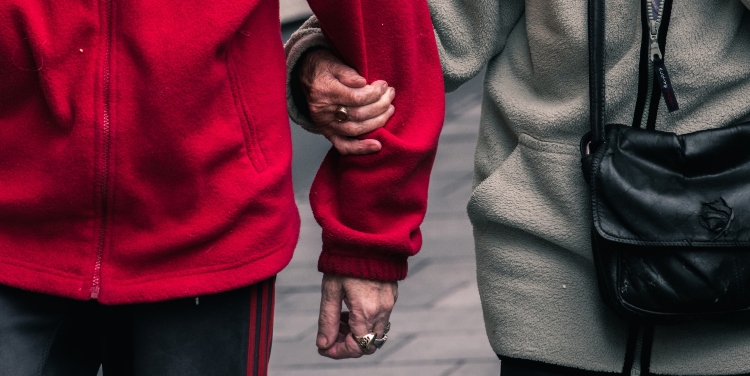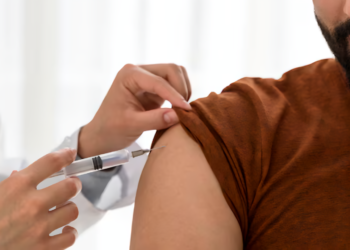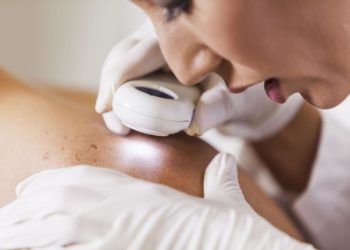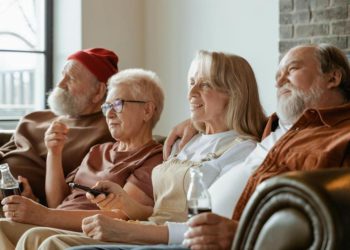Prostatectomy, the surgical removal of the prostate gland, is often used as a treatment for prostate cancer.
While the surgery itself is a major step, what follows is equally important: post-prostatectomy rehabilitation. This phase is crucial for ensuring that patients can return to their daily lives as quickly and smoothly as possible while also managing potential side effects and complications.
Understanding Post-Prostatectomy Rehabilitation
At its core, post-prostatectomy rehabilitation is about regaining function and managing side effects. Following the surgery, it’s not uncommon for men to experience urinary incontinence, erectile dysfunction, and a reduction in physical stamina. These issues, while daunting, are manageable with the right support and interventions.
Key Components of Rehabilitation
-
- Physical Therapy: One of the most essential aspects of rehabilitation is physical therapy, specifically focused on the pelvic floor. Strengthening these muscles can help manage and reduce urinary incontinence, a common side effect of the surgery. Physiotherapists can guide patients through a range of exercises tailored to their individual needs. Alongside physical therapy, prostate supplements like Prostate SP and ProstaMend can also be beneficial. These supplements are designed to support prostate health, potentially improving urinary function and reducing inflammation, which can aid in overall recovery during post-surgery rehabilitation.
-
- Sexual Health Support: Erectile dysfunction post-prostatectomy can be both a physical and psychological challenge. It’s vital to approach this issue holistically. This might involve the use of medications, vacuum erection devices, or even counselling. A combination of these interventions often yields the best results.
-
- Emotional and Psychological Support: Beyond the physical side effects, undergoing prostate surgery can have significant emotional impacts. Men might grapple with concerns about their masculinity, fears related to cancer recurrence, or general anxiety about their health. Support groups, counselling, and open communication with healthcare providers can provide much-needed emotional relief.
-
- Lifestyle and Nutritional Guidance: A balanced diet and regular exercise can hasten recovery and improve overall well-being. Nutritional advice can help address issues like constipation or weight management, while exercise can boost mood and physical strength.
The Importance of Personalised Care
Every individual’s experience with prostatectomy and its aftermath is unique. Therefore, personalised care is paramount. A tailored approach considers the patient’s age, overall health, the stage and aggressiveness of the cancer, and their personal preferences.
A one-size-fits-all rehabilitation plan simply won’t do. It’s essential for healthcare providers to offer bespoke rehabilitation strategies, making adjustments based on feedback and the patient’s progress.
Engaging With Support Communities
Having a support system in place can be invaluable during the recovery process. Many men find solace in connecting with others who’ve gone through similar experiences.
Support groups, whether in-person or online, offer a safe space for men to share their feelings, ask questions, and learn from others’ experiences. To find out more about such communities in your area or online, liaise with your healthcare provider or local cancer support organisations.
The Role of Family and Friends
Rehabilitation is not just a solo journey. The role of loved ones in the recovery process cannot be overstated. They can offer emotional support, assist with daily tasks, and even help with exercises or medication reminders.
It’s essential for family and friends to be educated about the rehabilitation process, to understand what their loved one is going through, and to be patient and empathetic.
In Conclusion
Post-prostatectomy rehabilitation is a multifaceted journey that demands attention to physical, emotional, and psychological aspects. With the right interventions, a tailored approach, and a robust support system, most men can navigate this challenging period with resilience and hope.
While the road to full recovery might be long, it is paved with opportunities for regaining strength, function, and a sense of normality. Remember, seeking help, asking questions, and actively participating in your rehabilitation are the keys to a successful recovery.
David Prior
David Prior is the editor of Today News, responsible for the overall editorial strategy. He is an NCTJ-qualified journalist with over 20 years’ experience, and is also editor of the award-winning hyperlocal news title Altrincham Today. His LinkedIn profile is here.


![7 Best POS Software in the UK [2026 Edition]](https://todaynews.co.uk/wp-content/uploads/2026/02/7-Best-POS-Software-in-the-UK-2026-Edition-360x180.png)








































































